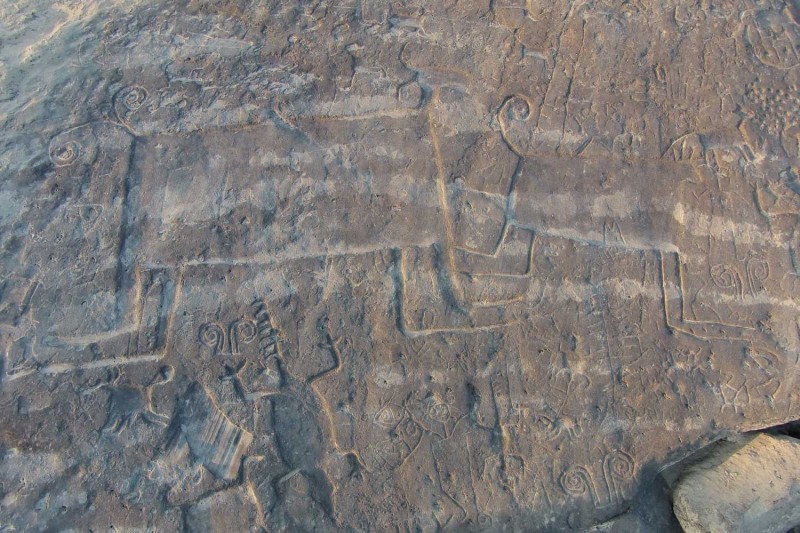Dr John Stewart has featured in a recent Smithsonian article that explores how climate change helped to shape human evolution.
The Bournemouth University lecturer believes that shifting climate played a large part in human evolution because it moved people around what is now Europe and Asia.
Stewart’s work with London’s Natural History Museum is referred to in the article, where he looked at how organisms adapted to interglacial cycles. These changes, he believes, apply to humans as much as they apply to those other species like animals and plants, resulting in humans evolving to be adaptable.
“If we believe in organic evolution, we shouldn't invent new processes for humans or treat them as a special case. We should fit them into this larger picture” argues Stewart, who also believes that “variability selection… [is] more of a mechanism to make a successful lineage that can spread and allow it to cope with lots of different scenarios.”
The Smithsonian is a much-admired magazine that is well-respected by the scientific community that offers in-depth analysis of a wide range issues about history, nature, the arts and more. The article is available on The Smithsonian website.



